Matt Black is one half of the pioneering DJ and multimedia duo Coldcut, formed in 1987, and founder of Ninja Tune Records, one of the globe's leading independent electronic music labels. This year, the label celebrates its thirty-fifth anniversary in creating cultural landmarks.
Coldcut's remix of Eric B. and Rakim's "Paid in Full"—officially titled the 'Seven Minutes of Madness' remix—is hugely significant in hip-hop and electronic music history. The remix popularized remixing as an art form and helped break genre boundaries, opening the doors for cross-genre musical groups to gain success.
Black describes his visual art as montage art, because it is. We take the montage—the editing technique where a series of short shots are sequenced to condense space, time, and information—for granted in today's video-saturated world and in these days of storyline-saturated shows. But Coldcut remind us why it is a revolutionary film technique. Matt Black and Jonathan More are the pioneering wizards of digital sorcery, pioneering video montage artists in the lineage of Dziga Vertov.
Coldcut are known for their innovations in DJ’ing, remixing, VJ’ing, apps, and multimedia projects. Their influential works include Journeys by DJ: 70 Minutes of Madness, "Timber," "Atomic Moog," "Panopticon," and "Re:volution," often combining artistic expression with activist themes. In 2006, they released the song and video, and later world tour, "Everything Is Under Control," a title Black credits to the book by Robert Anton Wilson. Like much of Black's work, the song is as relevant today as it was when it was first created from the fires of Promethean creativity. Around the same time, Black reached out to RAW, and with the help of one of his ninjas, RAW agreed to do a filmed interview consisting of twenty-three questions. And, as I write in my book, Chapel Perilous: The Life and Thought Crimes of Robert Anton Wilson, Coldcut later remixed that footage to create a magically charged memorial performance in March 2007, celebrating the life and art of Robert Anton Wilson.
In 2011, Matt designed Ninja Tune's first app, Ninja Jamm, which proved immensely popular. Later, he developed the visual synth app Pixi, the satirical game Robbery, and Midivolve in collaboration with Ableton. In 2019, Matt and other sound artists collaborated with Wolfgang Buttress for the BEAM AV installation at Glastonbury 2019, where audience members were immersed in digital bees. That same year, his app, Jamm Pro, was released to wide acclaim.
Matt Black's mission is to create "positive art, music, and spiritual technology to catalyze cooperative strategies worldwide." With Coldcut, he has done this while remaining a pioneering leader of mashup culture.
Matt Black continues making music and montage art while leading Ninja Tune into its thirty-fifth year.
This interview took place during the writing process of Chapel Perilous: The Life and Thought Crimes of Robert Anton Wilson. Matt and I discussed the song "Everything Is Under Control," the influence of RAW, and the RAW Psychedelic Wake memorial of 2007.
Gabriel Kennedy: When did you first read Robert Anton Wilson?
Matt Black: I don't remember. It would have been in the eighties. Illuminatus! is in my mind with that cover. I think that was the first time I encountered him—pretty mind-blowing introduction. Bob was a major free thinker. And whenever I heard sound bites or bits about him, I was like, "Yeah, I really like this guy. This is the kind of inspiration—left-wing free thinker, iconoclast, maverick—that ticked all the boxes of what I'm looking for in culture." The humor, as well. Taking the piss out of the system and clichéd thinking was all good stuff.
Gabriel: How did this all evolve into the creation of the Coldcut song "Everything Is Under Control"?
Matt: With "Everything Is Under Control," that was a key moment. I read that book, and I had already been developing my ideas about how shit worked. But that was a mind bomb because he was reaching out in so many directions with Everything Is Under Control. And I liked the way he wasn’t trying to force a particular worldview, other than "think for yourself, distrust authority."
I really liked the title Everything Is Under Control. I had this track, which initially was called "Ibiza Coke Jam"—not that it was cocaine-fueled, but it sounded like it could have been. It was this sort of heavy hip-hop thing. I was making a track out of it and putting some rock and roll guitar samples in. And that phrase stuck in my head, so I bolted that together. Initially, I sampled that guy, Francis E. Dec—'the computer gangster god that controls your terrified TV slaves.' So I started cutting up some of his lyrics, just writing lyrics based on this computer gangster god idea. The computer gangster god that controls your terrified TV slaves—I thought, "Yeah, I can relate to that."
That was the basis for "Everything Is Under Control." But I couldn't quite get it right, and I wanted to do a rap, so eventually we hooked up with Mike Ladd. At that point, I had the chorus "Everything is under control / They've got your soul under control." We got the verses from Mike Ladd. And he knew Robert Anton Wilson so I thought, "conspiracy theory." Let's cast the net really wide, throw it all in the fucking blender, and I sent him the Francis E. Dec stuff as well. So Mike came up with these lyrics, which were much more sort of smart rap. It was from someone who could actually rap, unlike someone like me who just put some things together. So, we then decided to ask Jon Spencer to join us on the track. That was all done remotely. We sent him the track, he recorded some guitar and vocals, he sent them back, and we pasted it all together. And that became that track.
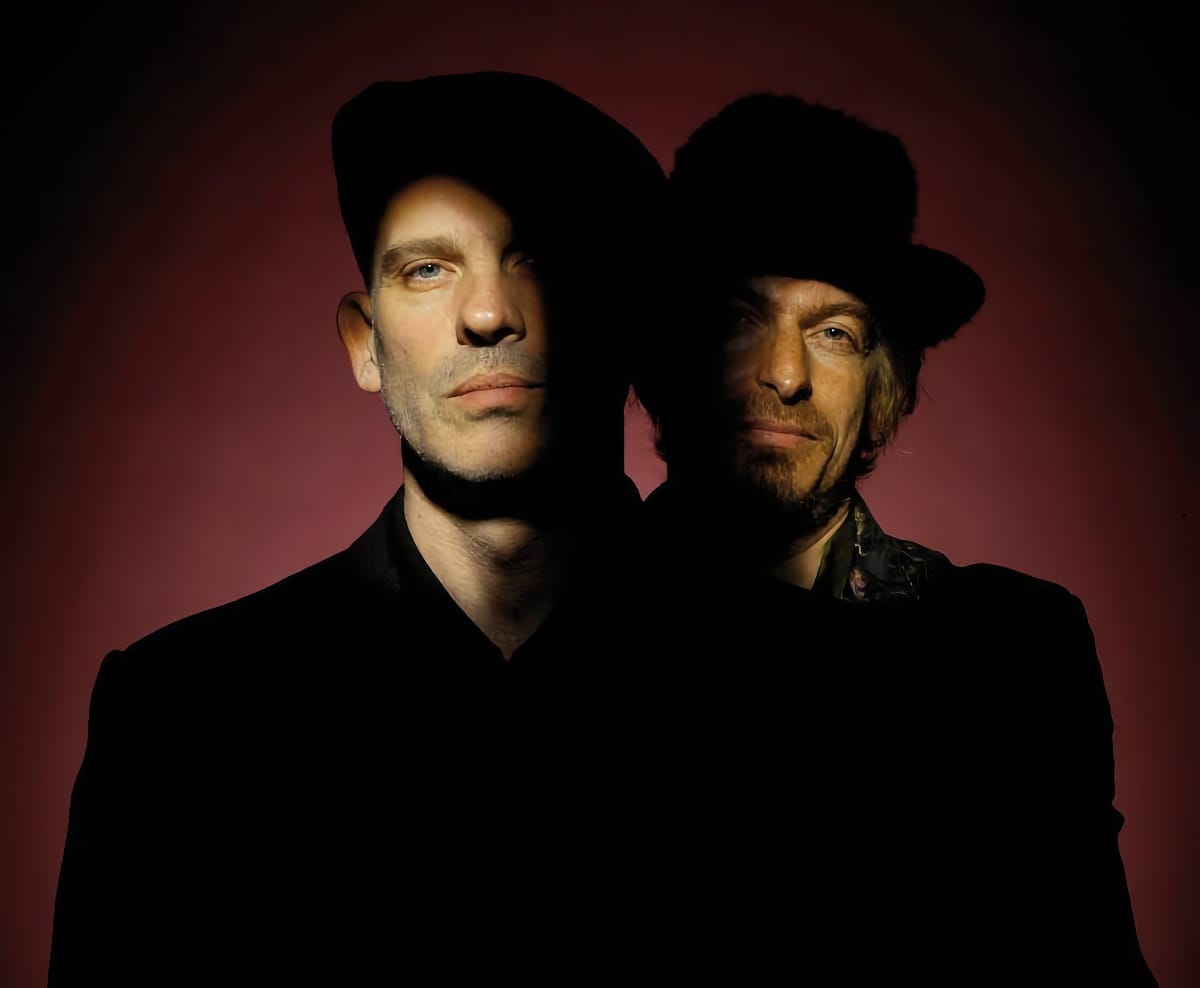
Gabriel: At what point did RAW get word of the song?
Matt: Well, we got it down with Bob, like let's give credit where credit is due for this idea. And so I reached out to Bob in America. I can't remember which of my people connected me to him, but we have a lot of friends of Ninja, so there was an overlap. One of my ninjas was like, "Yeah, I know Bob. I can hook you up." So I corresponded with him a bit. I could not go to the States, so I had the idea to do a remote interview. I arranged for this cat to go and film Bob. I thought twenty-three questions would be a good frame for it. So I sent the questions over, and Bob answered them to the camera. So we got that material and we never really did anything with that material. It's still sitting on my hard drive. Unfortunately, at that time Bob's health was at such a state that his enunciation wasn't as clear as I would have liked, but it is the voice of Bob. I asked him to please speak in soundbites. As a montage artist, I thought so long as I could get some good soundbites out of it that would be useful. And we did use it, actually!
I think Bob heard the track, and I think he thought it was cool, but he passed away shortly after. He passed away probably before we got the track finished. I think he heard it, and I think he liked the idea. I remember one question that summed it all up was, "I get your take on conspiracy theory is mainly everything's a fucking conspiracy, everything's connected, but if you had to name one group or one interest power base that is really fucking the world up, who would it be?" And he said, "Yeah, the bankers." And I think he was absolutely right, and I think it's a very good observation. I was doing my own research at the time. I don't know if you know the documentary The Secret of Oz? It's a very good exploration of the anti-banker elements in the work of Frank Baum, the author of The Wizard of Oz.
RAW had already passed away by the time we released the song. He put out a version of Top Trumps, the British card game. We created Coldcut Control Cards as a promo thing for the single.
(Matt says the video came out in 2006, but RAW was alive another year.)
We toured the song in 2006. We had Jon Spencer, Mike Ladd, and Juice Aleem do that track live as we toured around the world that year. Jon joined us for quite a few of the shows, and that was wicked. Really good. So that got the track out there.
Gabriel: Can you share any other RAW memories?
Matt: Yeah. The last key event was basically Bob died, and Glen Max at the Southbank proposed that we do an obituary for him as a Coldcut show. I dialed in Mixmaster Morris to do that with me because he is a big fan of RAW as well. So we did that at the Royal Festival Hall. The faithful came. We had a full house. We did record it, but it's not the best quality. I really researched Bob at that point and tried to find out everything he was into, and what was out there. We used bits of spoken word and the samples from the twenty-three-question interview I talked about earlier. I believe that people enjoyed it, and it was a good thing. I was doing my video mixing while Morris was mixing records. We had some cool guests as well. Bill Drummond, from the Justified Ancients of Mumu, came down. The Watchmen's Alan Moore and Ken Campbell came down. So three grandmasters of the leftfield joined us for that show. It was all really quite good. They were fans and saw it as a chance to celebrate Bob and link to what they are doing.
Gabriel: What is RAW's lasting legacy?
Matt: Even though he's not a widespread name, his influence is. Even though he may not be a household name, his influence within the heads is fucking totally widespread. He went in. He went in.
Check out more like this:
 The TonearmLawrence Peryer
The TonearmLawrence Peryer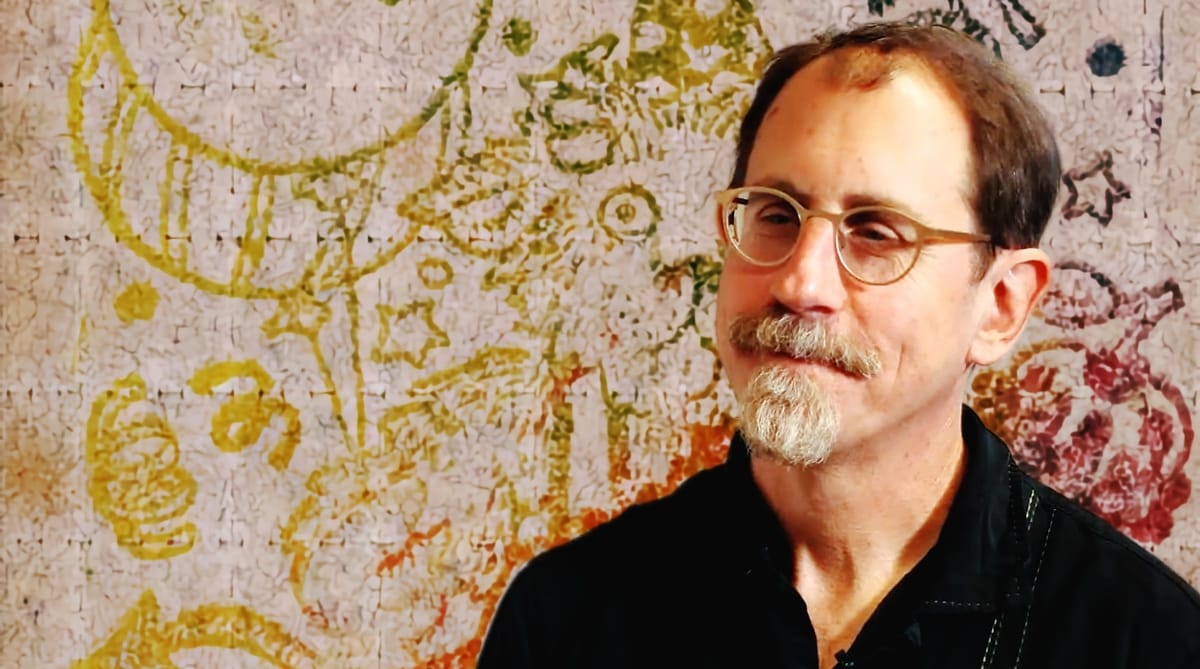
 The TonearmLawrence Peryer
The TonearmLawrence Peryer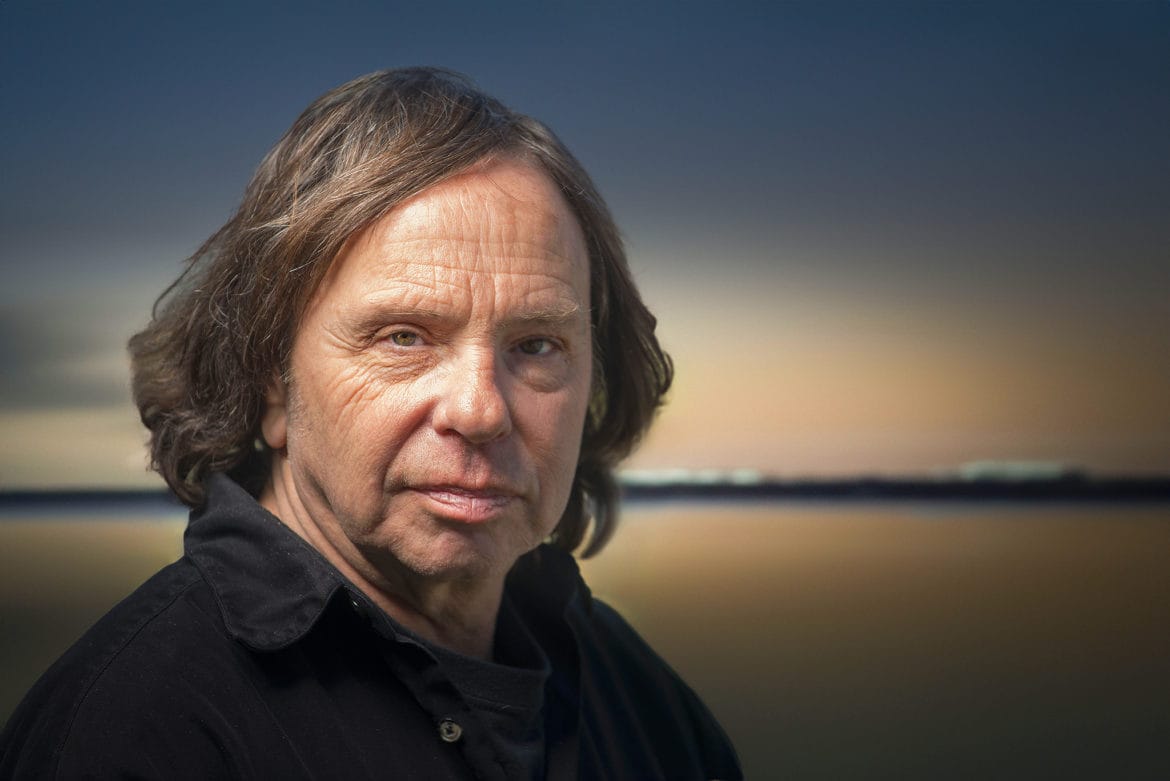


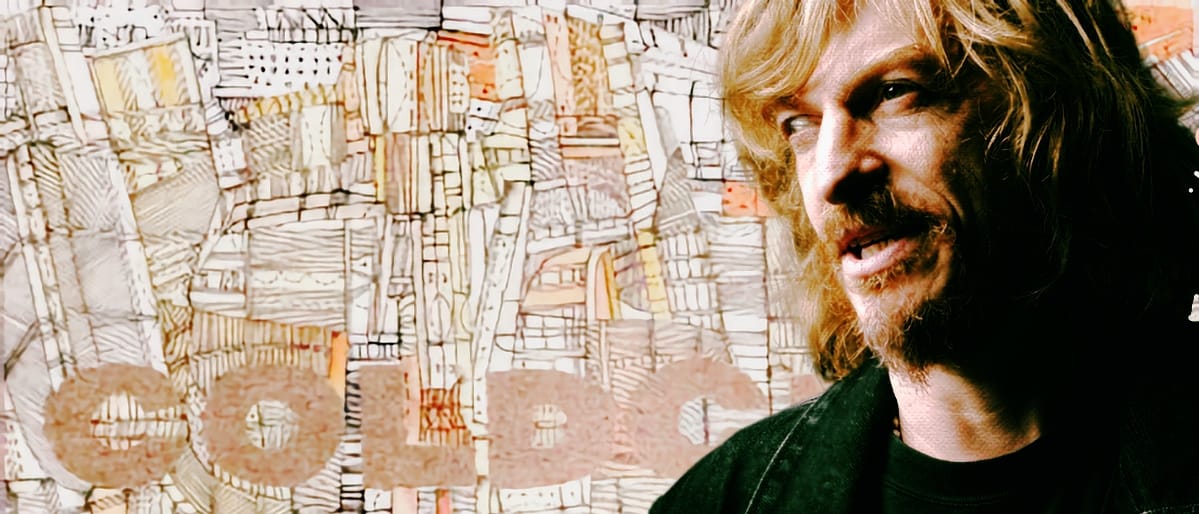


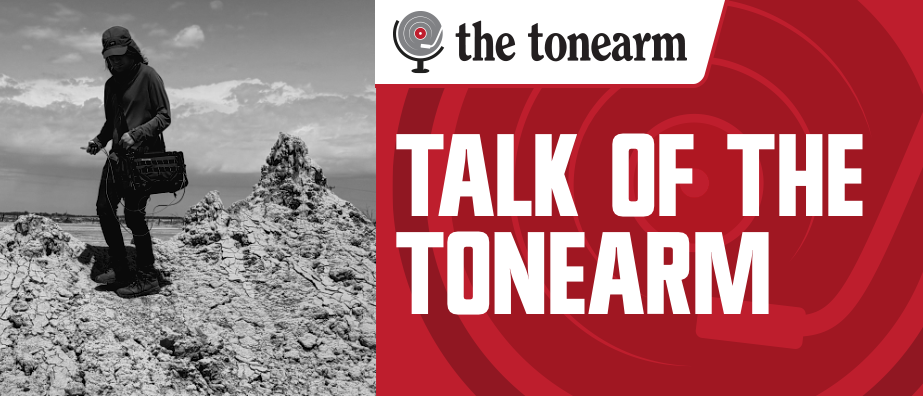
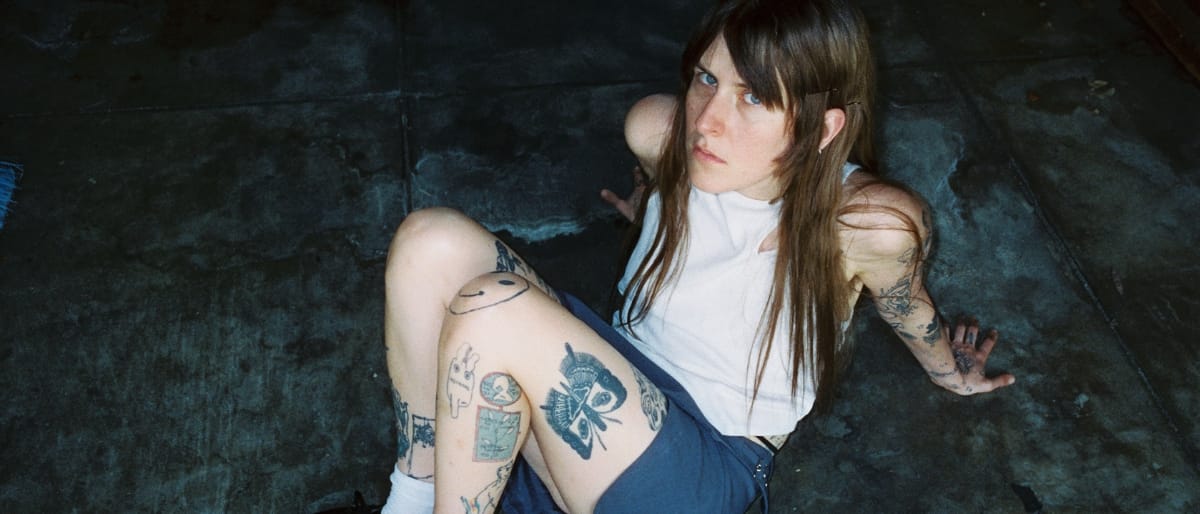
Comments